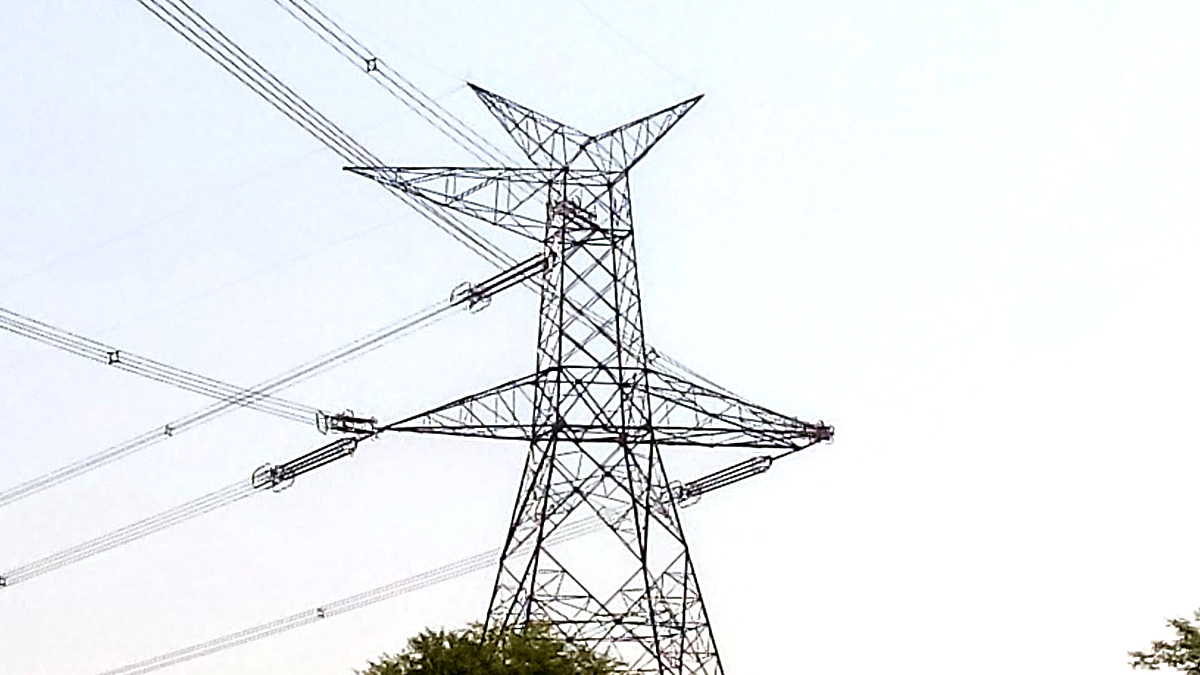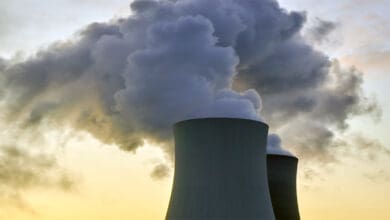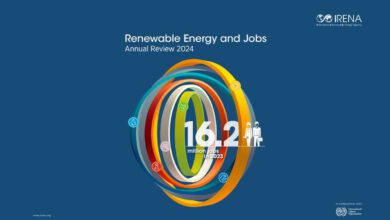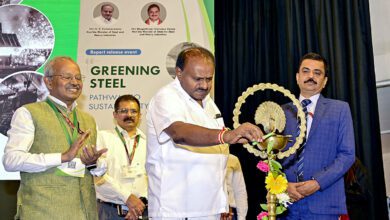In the Union Budget 2025-26, Finance Minister Nirmala Sitharaman has identified mining as one of six key domains for transformative reforms, alongside taxation, power, urban development, financial sector, and regulatory reforms. This strategic focus aims to enhance India’s growth potential and global competitiveness over the next five years.
A significant initiative introduced is the State Mining Index, designed to encourage mining sector reforms at the state level, including those concerning minor minerals. This index will facilitate the sharing of best practices among states, promoting innovation and the adoption of efficient methods in mineral exploration, auctioning, and sustainable mining. The goal is to drive efficiency, attract investments, and unlock the vast potential of India’s mineral resources.
The budget also announces a policy for the recovery of critical minerals from tailings, which are the materials left after the extraction of valuable minerals. Effective tailings management is expected to increase the domestic availability of critical minerals and boost the domestic processing industry. This initiative aligns with the objectives of the National Critical Mineral Mission, aiming to strengthen strategic industries such as clean energy, semiconductors, defence, and space by ensuring a steady supply of essential minerals.
In a move to promote the recycling industry, the budget eliminates customs duties on various scrap items, including copper, brass, lead, and zinc. This measure will benefit domestic secondary producers by reducing costs, providing a level playing field with international competitors, and enabling Indian companies to compete globally and increase exports of secondary and downstream products. Additionally, the removal of duties on scraps of 12 critical minerals, cobalt powder, and lithium-ion battery scrap will supply feedstock to the critical mineral recycling industry at a lower cost, making it more competitive and encouraging investments in new capacities.
The budget allocates ₹300 crores for coal and lignite gasification projects. This investment aims to develop pathways to lower emissions, carbon capture, and hydrogen production, providing a significant boost to India’s energy transition goals while ensuring energy security. By focusing on clean coal technologies, the country seeks to balance its reliance on coal with sustainable practices.
Union Minister of Coal and Mines, G Kishan Reddy, expressed his gratitude to the Finance Minister for these progressive and visionary announcements. He emphasised that the reforms in the mining sector, especially concerning critical minerals, mark a major step toward realising the vision of Viksit Bharat 2047, building an Atmanirbhar (self-reliant), future-ready India. He noted that these reforms would drive domestic production and innovation while positioning India as a key player in the global minerals market.
Over the past decade, under the leadership of Prime Minister Narendra Modi, India’s mining sector has undergone unprecedented reforms. Transitioning from a corruption-laden and litigation-ridden sector prior to 2014, it now aspires to be a global leader in sustainable mining and the critical mineral value chain. The current budgetary announcements reaffirm the government’s commitment to the growth and modernisation of the mining sector, aiming to strengthen India’s global competitiveness and sustainable development in the years to come.













